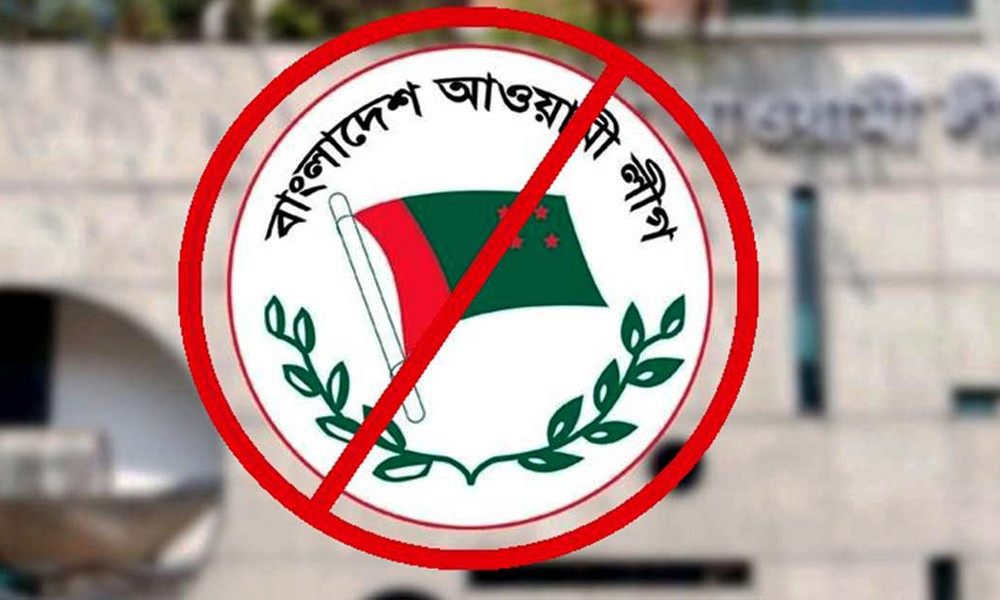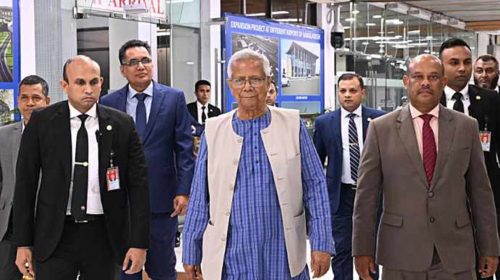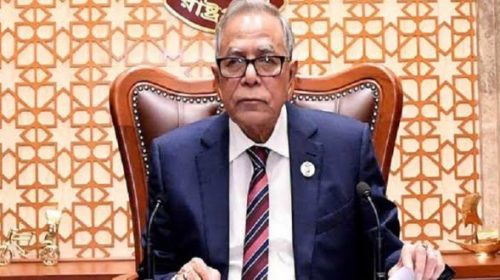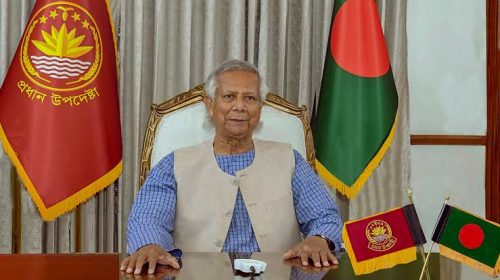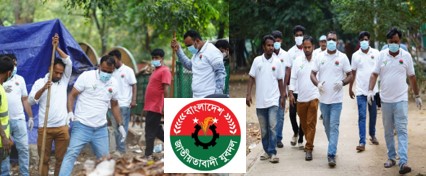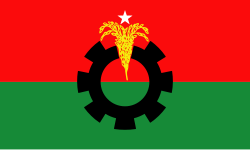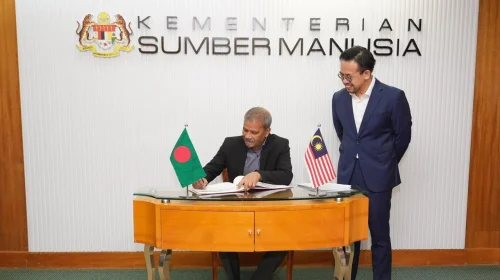On May 11, 2025, Bangladesh’s interim government, led by Nobel Peace Prize laureate Muhammad Yunus, officially banned all activities of the Awami League, the political party of ousted Prime Minister Sheikh Hasina. The decision, announced by law affairs adviser Asif Nazrul, was enacted under the country’s Anti-Terrorism Act and will remain in place until a special tribunal concludes trials against the party and its leaders. These trials concern the deaths of hundreds of individuals during anti-government protests in July and August of the previous year, which ultimately led to Hasina’s ouster after 15 years in power.
The ban includes both online and offline party activities. Hasina, accused in multiple murder cases, has been in exile in India since August 2024. The International Crimes Tribunal has widened its scope to prosecute other political parties for violence during the protests.
The move followed renewed demonstrations in Dhaka demanding the dissolution of the Awami League. The National Citizen Party and other student-led groups have praised the ban, citing the need to protect national security and support victims of government crackdowns.
The Awami League condemned the decision as undemocratic and divisive, accusing the government of suppressing dissent and democratic norms. Meanwhile, the opposition Bangladesh Nationalist Party (BNP) welcomed the trial, labeling it a long-overdue step.
The United Nations previously reported that as many as 1,400 people may have died during the three-week uprising. The U.N. human rights office criticized party bans as harmful to democratic processes after the unrest.
With Hasina in exile and major reforms awaited, Bangladesh’s political future remains uncertain ahead of a proposed election later this year.

